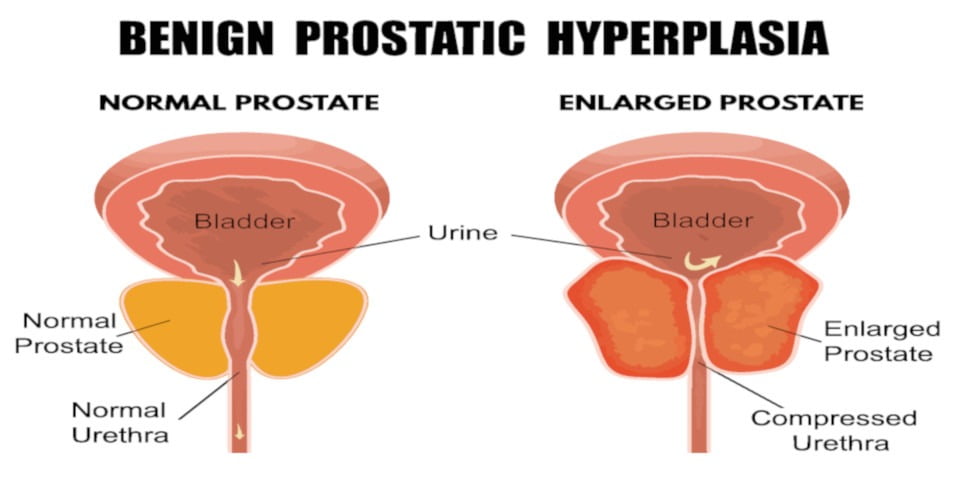Doctors are encouraging middle-aged Australian men to have their prostate checked. Their call coincides with an article published in [itals]MJA Insight[itals] this week, citing benign prostatic hyperplasia (BPH) – or benign enlargement of the prostate – can compromise a man’s quality of life and his relationships with his partner and family.
According to the article’s author, Macquarie University (Sydney) Clinical Associate Professor of Urology Bill Lynch, the prostate – a walnut-sized gland in the male reproductive system that surrounds the top of the urethra and is found under the bladder – has proven extremely burdensome to the lives of men. He says an enlarged prostate can cause difficulty in passing urine and over time can lead to the complete inability to pass urine, urinary infections, damage to the kidneys or bladder and eventually potential surgery – reportedly the major concern for men regarding their prostate.
“Prostate issues are a fact of life for men, and are just as relevant now as they have been through the ages,” he said.
“BPH is a progressive, non-cancerous disease that tends to strike ageing men. Fifty per cent of men aged in their 50s will experience BPH, increasing to 80 per cent of men aged in their 80s.
“While not all men with BPH will show symptoms, more than 30 per cent of those aged over 50 will experience moderate-to-severe lower-urinary-tract symptoms (LUTS), two-thirds of whose symptoms will be caused by BPH.
“This equates to more than a million Australian men experiencing significant symptoms due to BPH, noting most men aged over 50 must contend with LUTS.”
The quality of life for men with symptoms of BPH is significantly lower than for those exhibiting no symptoms, with daily activities such as driving, sport, sleep and social activities considerably affected. Moreover, BPH is also linked to male sexual function, with a higher International Prostate Symptom Score – a system used to screen for, diagnose and monitor symptoms – associated with more severe erectile dysfunction.
“Men experience varying symptoms of BPH with different degrees of bother, including increased frequency and urgency of urination both day and night, and difficulty starting, maintaining and finishing urination,” Gold Coast urological surgeon Dr Martin Elmes said. “They may also experience urine infections or urinary retention.”









